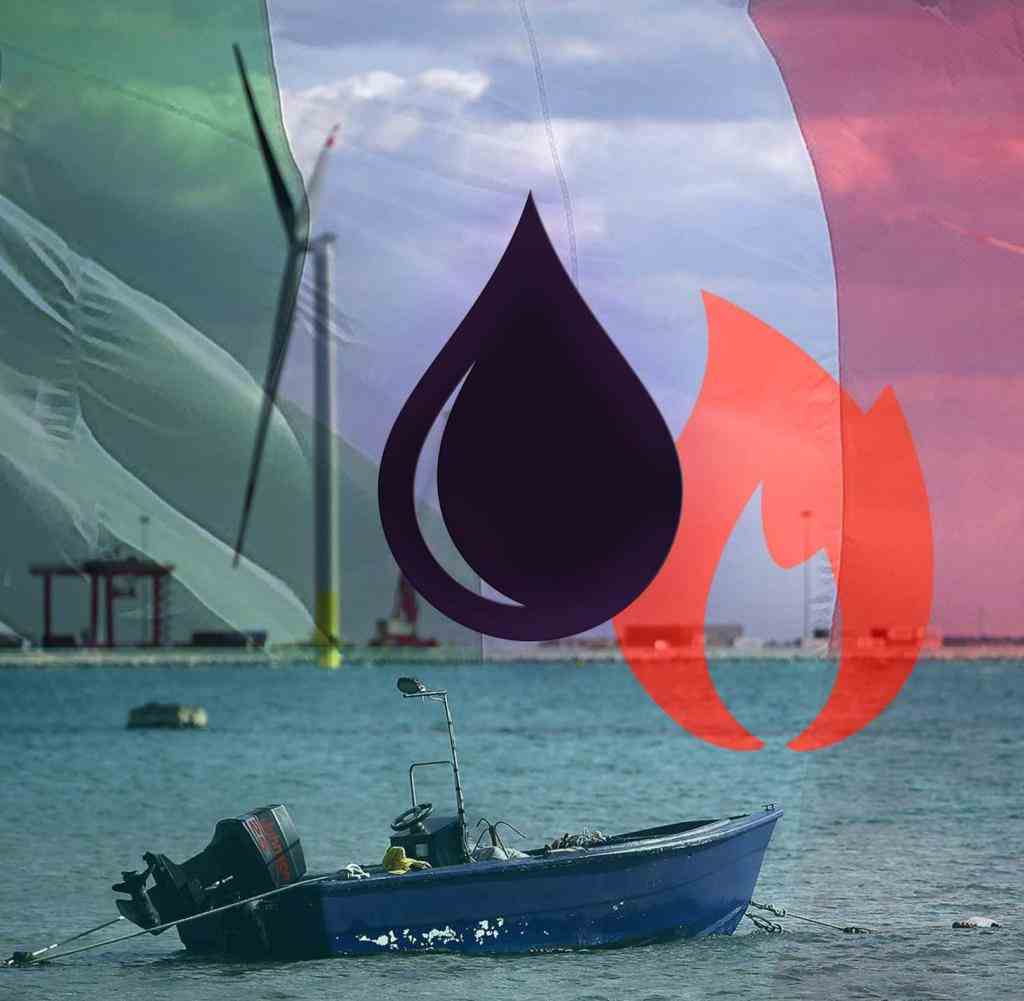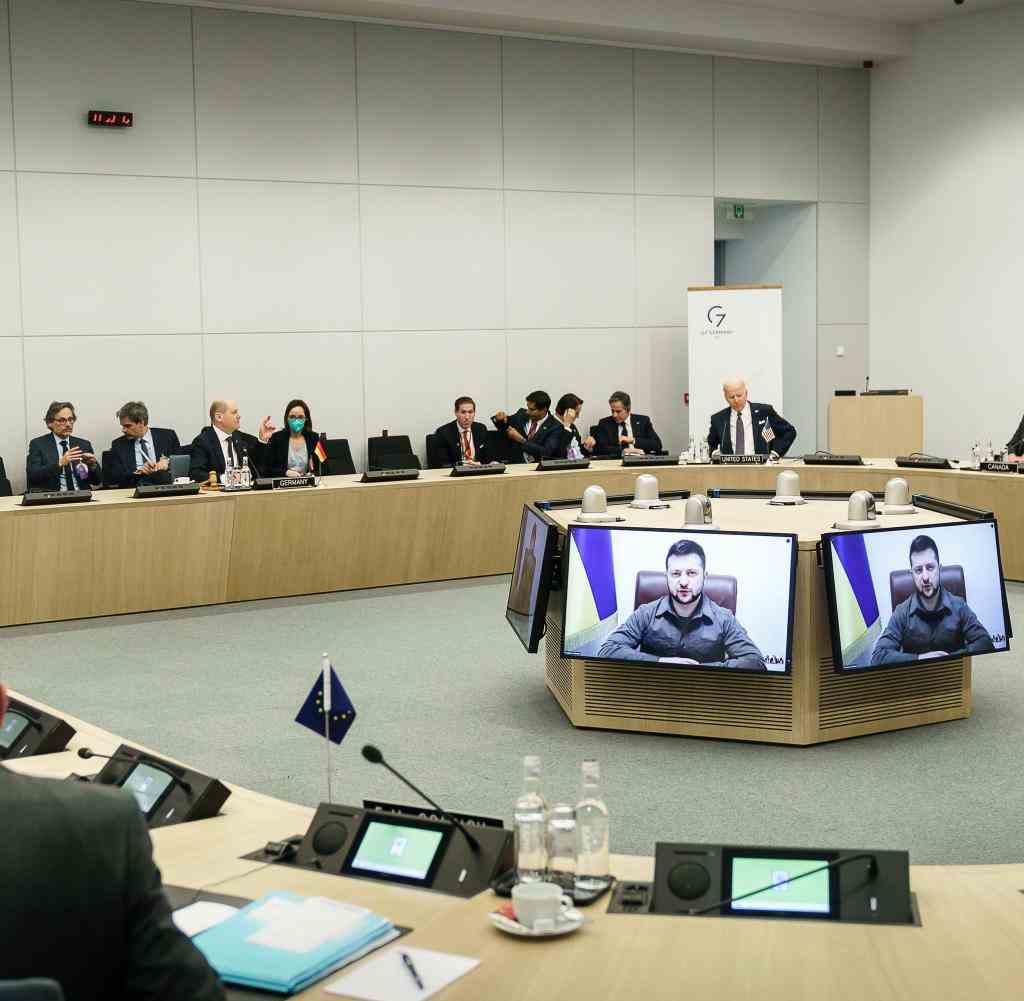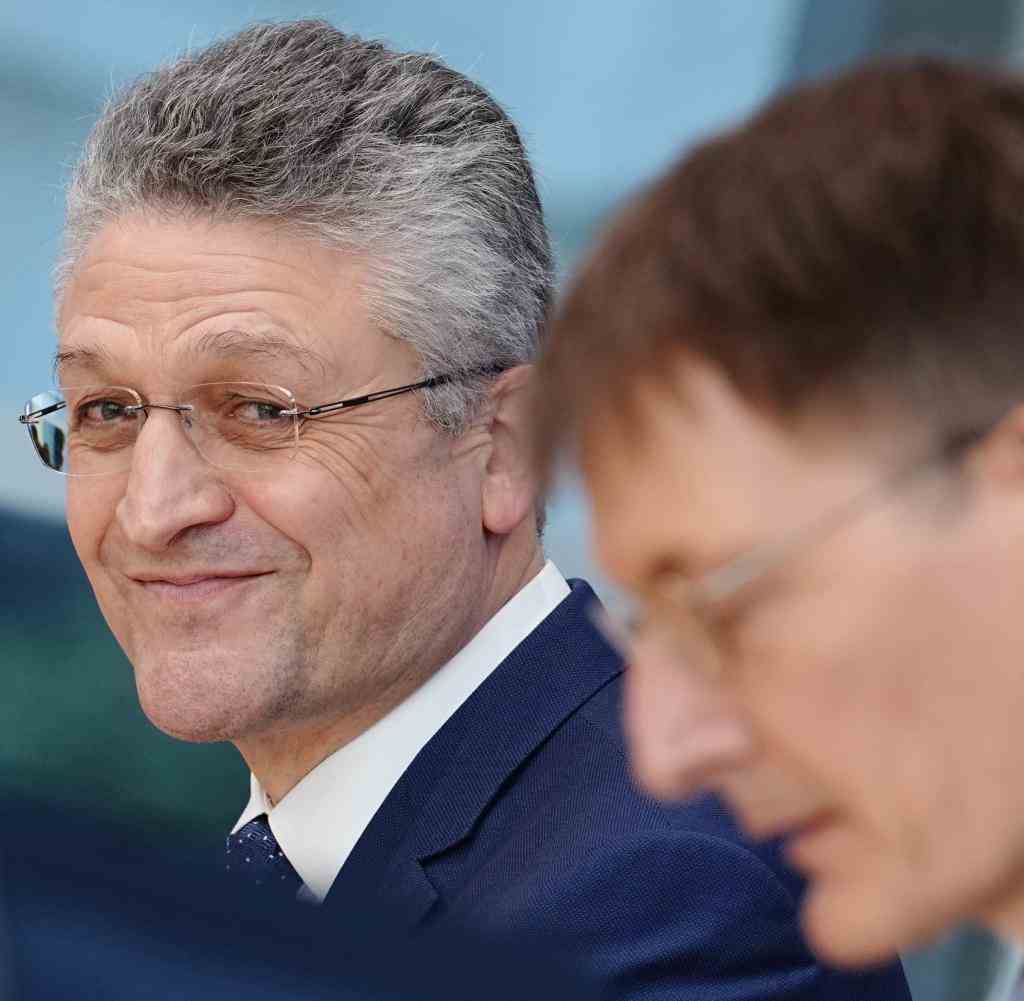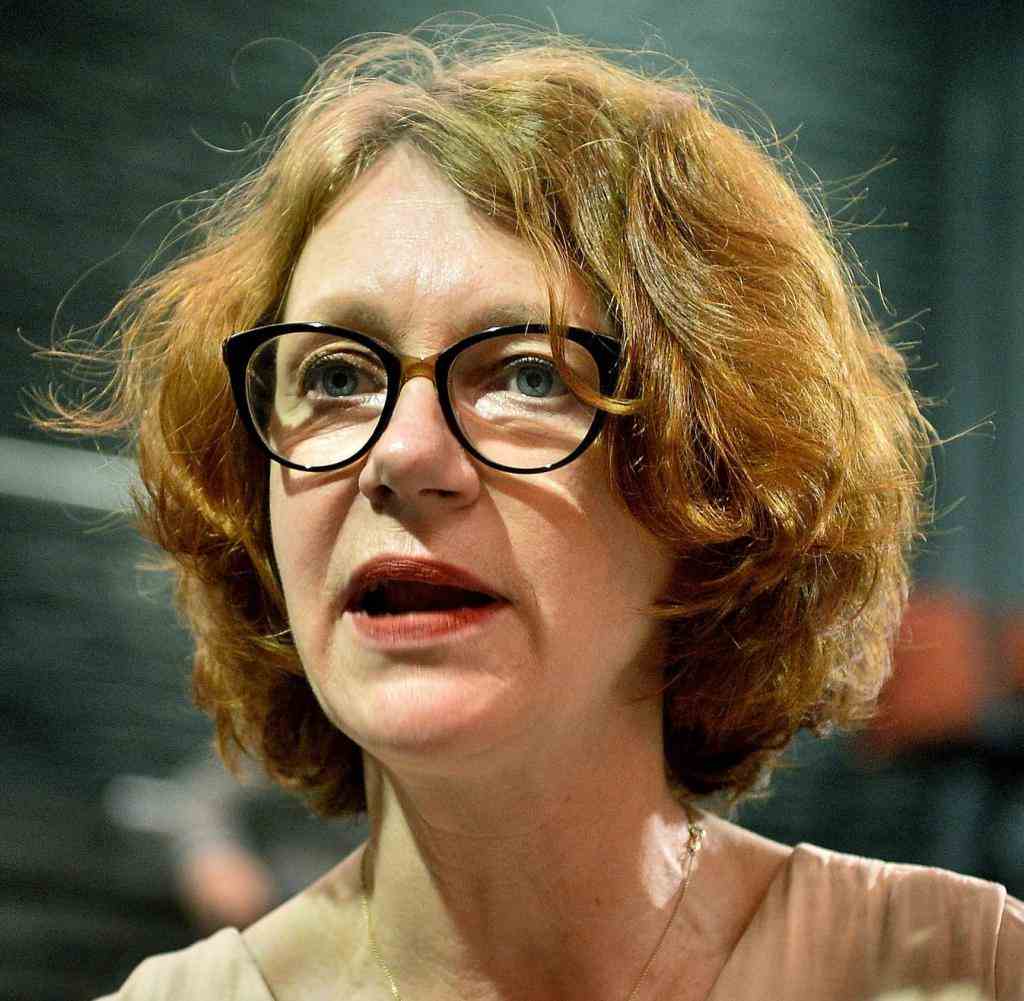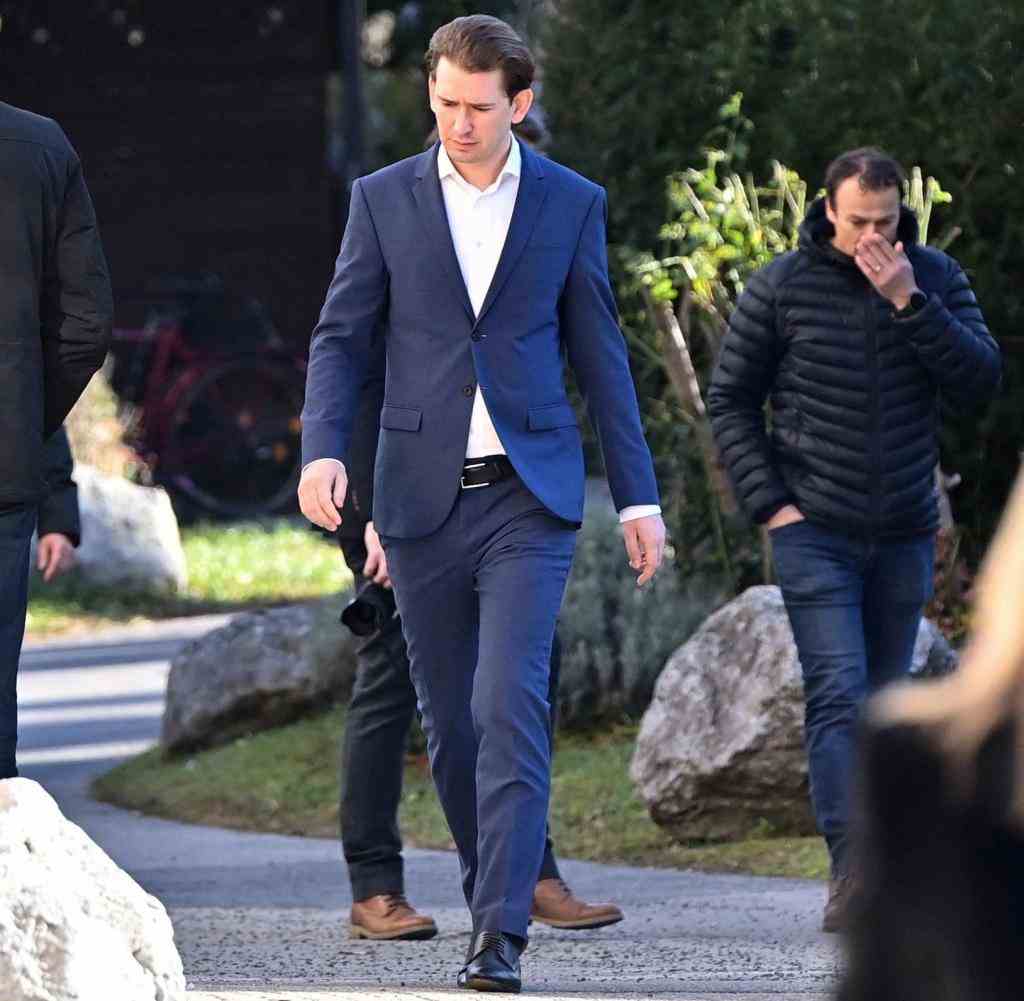WORLD: Mr. Chancellor, when the Ukrainian President Volodymyr Zelenskyj recently gave a speech in the German Bundestag, the members of parliament then went almost seamlessly to the agenda. The Austrian National Council, however, has not yet decided to let Selenskyj speak in parliament at all – is everyone making a fool of themselves here as best they can?
Karl Nehammer: It’s not my place to rate the German Bundestag – just as little as the Austrian National Council. What I can say is that it’s a missed opportunity. It just helps to understand the situation better when you hear the people on the ground.
WORLD: Austria committed itself to neutrality in 1955. From this perspective, do you have a different view of the war in Ukraine than the NATO states?
Karl Nehammer in conversation with WELT author Anna Schneider
Source: Jakob Glaser/ÖVP
Nehammer: Being neutral as a country also means that you have an obligation to protect and defend your neutrality. This also means that Austria – like Germany – will invest more in defense.
WORLD: Many states are calling for an oil and gas embargo against Russia, while Austria and Germany, among others, are against it. Now it is by no means impossible that Russia could also use poison gas in Ukraine. In this case, would you reconsider your position – in other words: is there a pain threshold?
Nehammer: The red line has long since been crossed as civilian towns have been attacked and bombed. It is a deeply disgusting situation: we have placed ourselves in a dependency that now forces us to continue buying Russian gas and other Russian commodities. What President Putin completely misjudged, however, is that the whole of Europe is beginning to completely reorient itself in terms of energy supply. And sustainable. This means that the consequences for the Russian Federation may not be immediate now, but they will be massively painful in 10, 15 years.
WORLD: The German Federal Minister of the Interior, Nancy Faeser, does not want all refugees from Ukraine to be registered in Germany, as the Union is demanding. Do you see this as a security problem – also for Austria?
Nehammer: Registering the refugees is important because only then can the state aid chain begin. On the other hand, it is generally important for a European country – as we learned in 2015 at the latest – to know who is coming to us and also who is staying. That is a question of principle, and yes, it is also a security issue. Organized crime or human trafficking, for example, can only be countered if you record everyone who comes into the country.
WORLD: The billions from the EU corona fund have not yet been spent when France and Italy are already demanding the next vehicle for debt mutualisation because of the war in Ukraine. Where are the “frugal four”, i.e. Austria, Sweden, Denmark and the Netherlands?
Nehammer: The “Frugal Four” are there when it comes to ensuring that the EU’s joint debt is not seen as a permanent institution. But I used to be more skeptical about debt mutualisation – the pandemic crisis taught me otherwise. I think it is right to invest in the crisis. We have also done this very effectively in Austria. Now we are in the middle of the next one and we will have to counteract this in a precise and targeted manner, because ultimately it is always about securing the livelihood of the citizens.
WORLD: That means, however, that European debt could become a permanent fixture after all; so that you do not rule out a new common borrowing by the EU.
Nehammer: The establishment of the recovery fund was a one-off thing to deal with the Covid crisis. Most of the money from this fund has not yet been distributed. At the moment, I don’t see the problem that there aren’t enough funds, but rather the challenge of using them in a targeted manner.
WORLD: In this context, what do you expect from Germany, from Chancellor Olaf Scholz?
Nehammer: I hope that we will be supported in rejecting the permanent mutualisation of debt in the EU. This instrument was suitable for crises, but must not become permanent. In the long term, public budgets will not be able to absorb or replace all the consequences of crises. That would overwhelm us, both at the national and at the European level.
WORLD: In view of the increasing number of infections, did it make sense that the corona measures in Austria were ended at the beginning of March?
Nehammer: There is a difference between looking at something ex post and having to decide something in real time. Of course there is always a risk with these decisions, there is no expert who can give a definitive answer or prognosis. We used to be much more dogmatic in our decisions, but in the two years of the pandemic we have learned exactly that: that the virus is brutally flexible – and we have to react to it just as flexibly. Even if democratic decision-making processes often take a long time. But that shouldn’t be an excuse, we made mistakes too.
WORLD: Looking back, what was the biggest mistake in Austrian corona policy?
Nehammer: To believe that one can calculate the virus, in the truest sense of the word. I’ve become a bit humbled by the question of what people can actually do against a virus. For example, after the first lockdown, it was a misjudgment to believe that we had overcome the virus.
WORLD: Has Austria’s compulsory corona vaccination failed?
Nehammer: No. You have to look carefully at how we decided it. The measure and its decision were taken during the time of the delta variant. Due to the danger of the Delta variant, it was clear that if we did not achieve a sufficiently high vaccination rate, we would face constant lockdowns. It is also clear, however, that the obligation to vaccinate is a massive encroachment on the right to self-determination – it is not imposed lightly. Now this law has the option of making vaccination compulsory – or not. And if – as is the case now – neither the normal wards nor the intensive care beds in hospitals are overburdened and the critical infrastructure as a whole is not as endangered as it was in November last year, then compulsory vaccination is not permissible from a constitutional point of view. So it’s not a case of backtracking – this possibility of abandonment was always part of the design.
WORLD: Germany is currently still discussing the introduction of a general corona vaccination requirement, as is already the case in Austria. What can we learn from Austria at this point?
Nehammer: The key is a broad consensus. The compulsory vaccination law was passed in the Austrian parliament with 80 percent approval. The second challenge is acceptance in society. The vaccinated against the unvaccinated – this polarization is dangerous for democracy. That’s the most important thing I took away from that time.
WORLD: The mask requirement indoors is returning in Austria – will further measures follow?
Nehammer: It would be foolhardy to rule that out. Then we would not have learned anything from two years of pandemic.
WORLD: In 2019, the “Sebastian Kurz list – the new People’s Party (ÖVP)”, not the ÖVP without Sebastian Kurz, was elected. Her party is currently at 22 percent in polls – under Kurz she still got 37.5 percent in the 2019 election. What do you attribute the falling poll numbers to – are voters missing Kurz or is the poll affair the reason why they are turning away?
Nehammer: It’s probably a mixture of both. Of course, it was a heavy blow for many when Kurz left politics. All these suspicions that are currently being raised – there are still no guilty verdicts – are of course bad for the reputation of the party in such a climate. You have to be persistent and determined, have a clear line. And that is exactly what needs to be done now.
WORLD: If you stay chancellor, do you rule out a coalition with the FPÖ – unlike Sebastian Kurz?
Nehammer: It depends on how the Freedom Party develops. Currently – in view of the radicalization of Herbert Kickl – yes.



